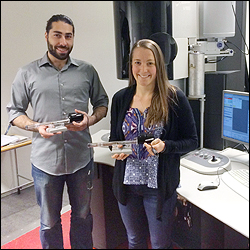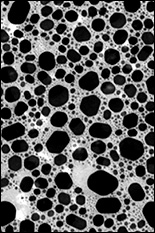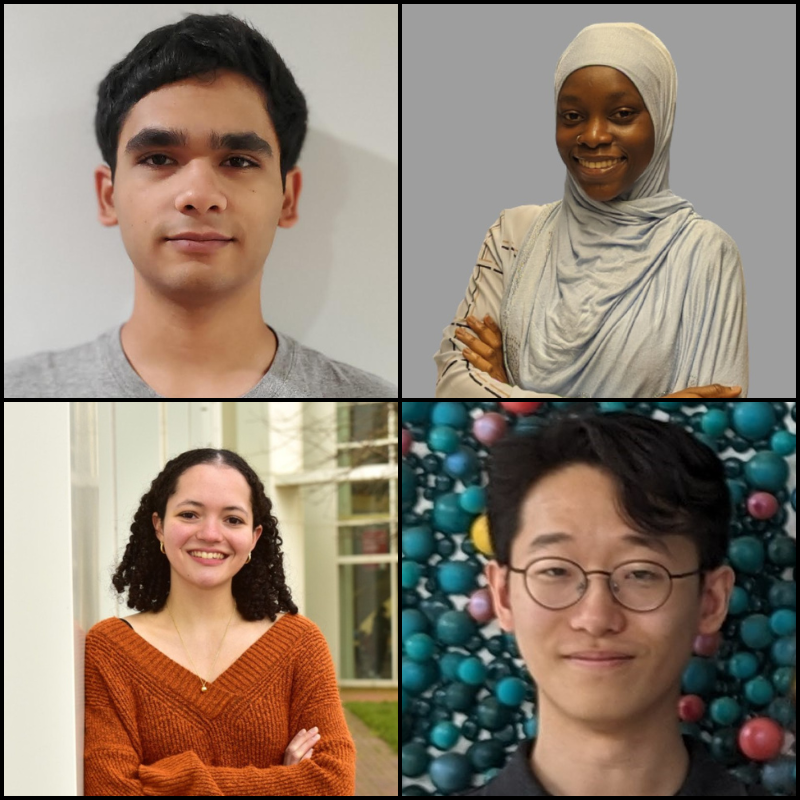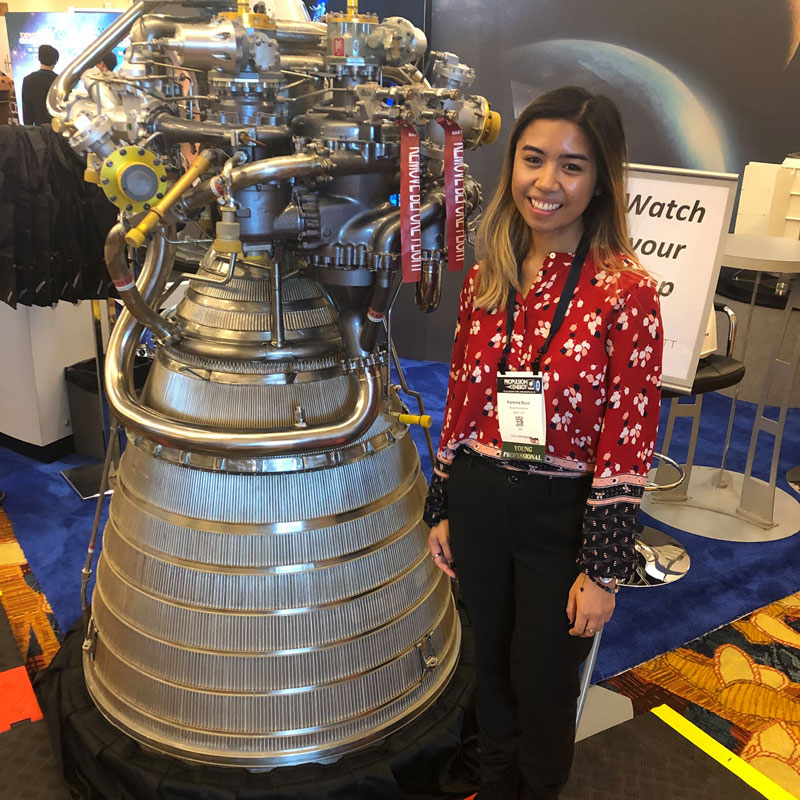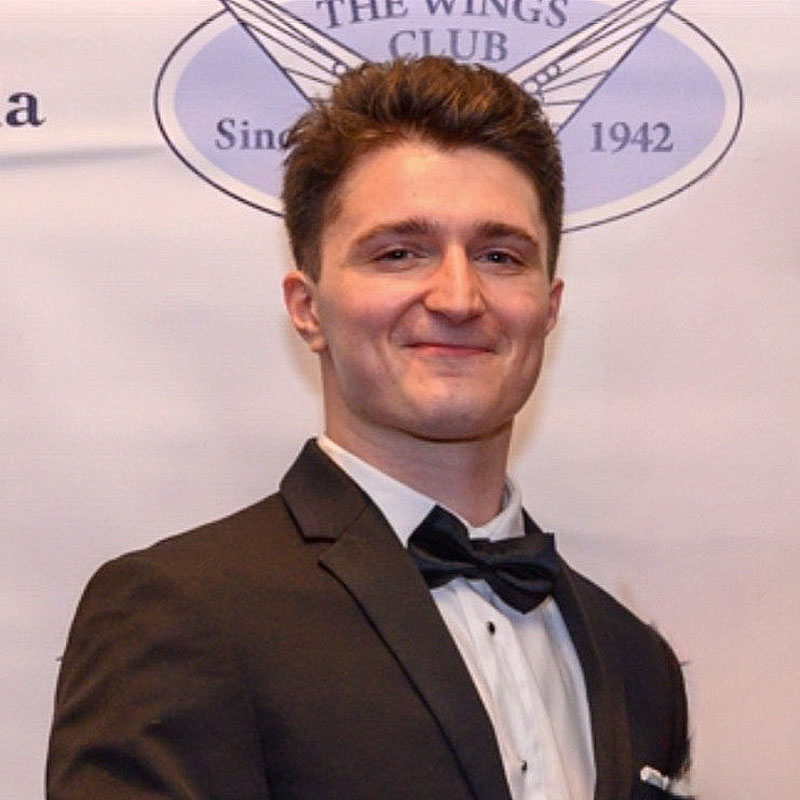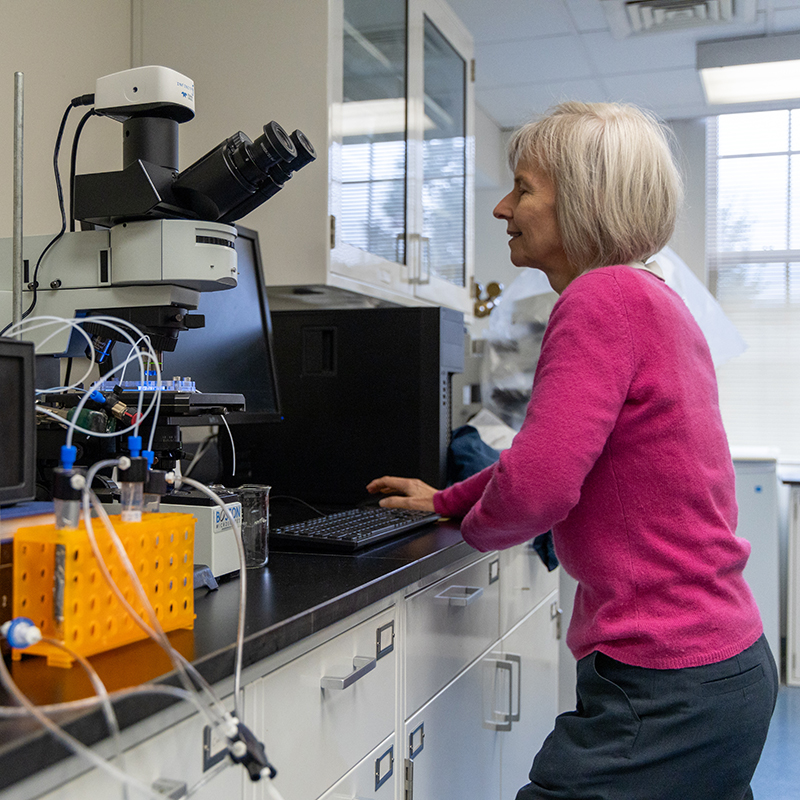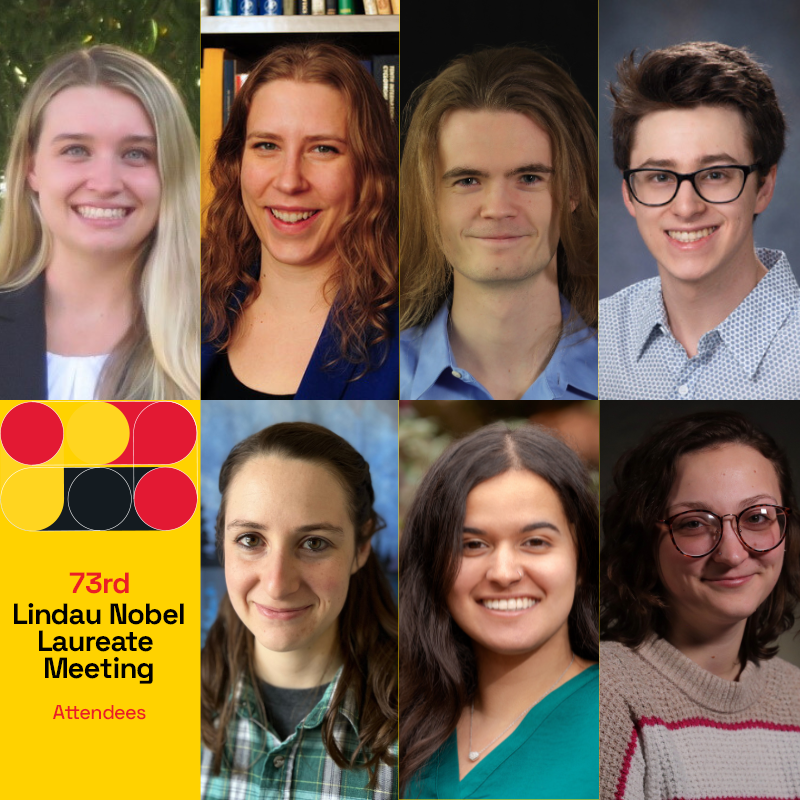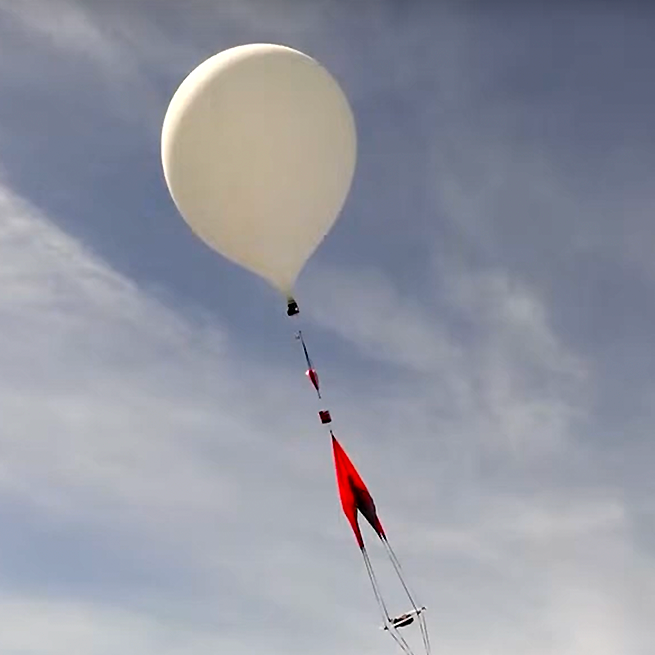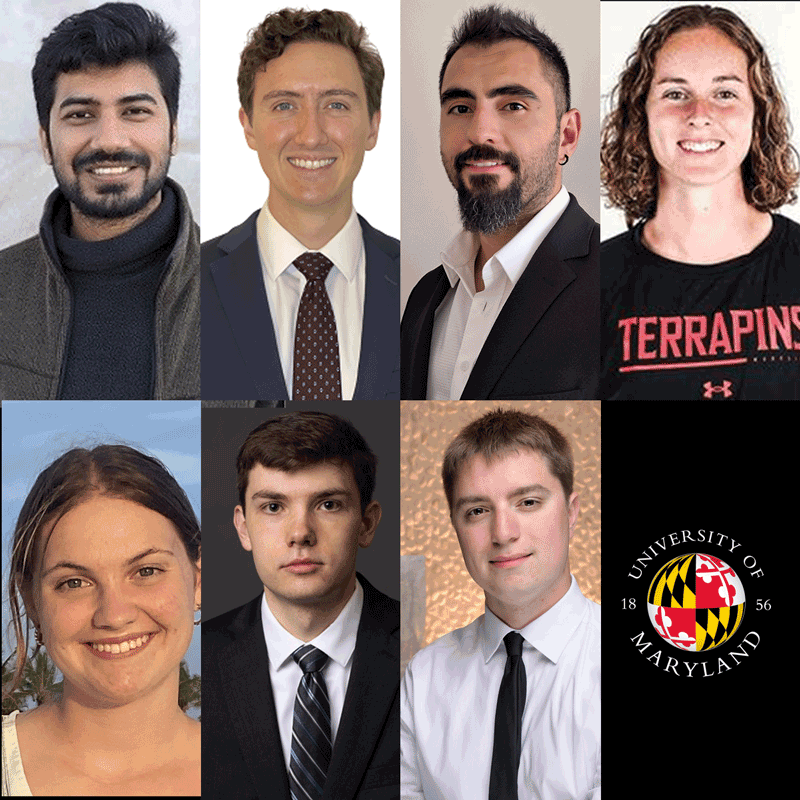News Story
NSF Award Sponsors Student’s Microscopy Research in Sweden

MSE graduate student Hanna Nilsson.
Department of Materials Science and Engineering (MSE) graduate student Hannah Nilsson will spend a year at Chalmers University of Technology in Gothenburg, Sweden, thanks to an NSF Graduate Research Opportunities Worldwide (GROW) award.
Nilsson, a member of MSE associate professor John Cumings’ research group, will join Chalmers Department of Applied Physics professor Eva Olsson’s group, where she will conduct in-situ transmission electron microscopy experiments for the thermal characterization of graphene.
“Graphene has a theoretical thermal conductivity more than an order of magnitude higher than materials that are currently being used for heat management in electronic devices,” Nilsson explains. This makes it valuable to industry. Unfortunately, she says, attempts to measure exactly how conductive it is have produced varying results that are difficult to interpret.
Nilsson believes electron thermal microscopy (ETM), a technique invented by the Cumings Group, may finally provide some concrete data on this fundamental phenomenon. ETM enables nanoscale thermometry (measuring a system's temperature or ability to transfer heat) by imaging liquid/solid transitions in small metal “islands.” This allows scientists to test and observe nanoscale devices in real-time while they are inside a transmission electron microscope.
Nilsson describes ETM’s application to graphene research as “a natural extension” of the Cumings Group’s ongoing work in the thermal characterization of carbon nanotubes.
“I am very excited about this opportunity,” she says. “The Eva Olsson Group is one of the leading electron microscopy groups in Europe. They are part of the Graphene Flagship, the EU's largest research initiative in history, so they are ideal for this collaboration.”
GROW awards, which are only granted to members of the NSF’s prestigious Graduate Research Fellowship Program, enable students to participate in international research collaborations. The NSF created the program in the belief that these experiences are “becoming an integral part of an outstanding graduate education.”
Published May 27, 2014
